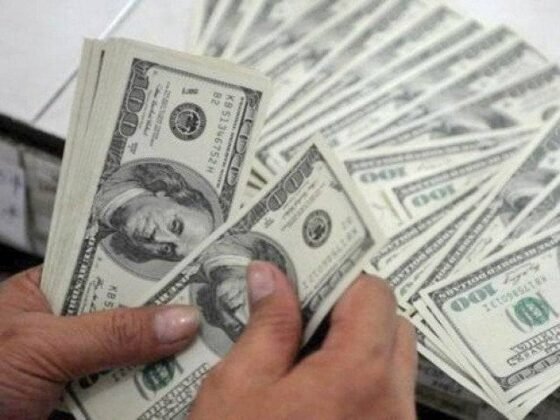Alibaba Breaks Previous Singles Day sales Record to Hit $25.3B
[adinserter block=”11″]
Alibaba breaks previous Singles Day sales record to hit $25.3B. Alibaba Group has raked in US$25.3 billion (168.2 billion yuan) in gross merchandise volume (GMV) from its annual online shopping festival, breaking last year’s record sales by 39 percent. Contrary to world, real estate business booming in Pakistan
Held on November 11, its Singles Day shopping bonanza this year involved more than 140,000 participating merchants, including 60,000 international brands. Some 165 of these each generated more than US$15.1 million (100 million yuan) in sales, including Gap, Nike, and Samsung, with 17 merchants exceeding US$75.4 million (500 million yuan) and six surpassing US$150.9 million (1 billion yuan) in sales.
Japan, Australia, and Germany were amongst countries with the most sales selling into China during Singles Day this year.
At its peak, Alibaba processed 256,000 transactions per second and US$1 billion (6.6 billion yuan) was processed within the first couple of minutes. In the first two hours, it registered US$11.9 billion (78.8 billion).
Some 90 percent of total GMV this year was transacted on mobile, compared to 82.07 percent last year. Overall, Alibaba processed 1.48 billion payments, up 41 percent year-on-year, and 812 million delivery orders via its logistics arm, Cainiao Network. This was 23 percent higher than last year’s 657 million delivery orders.
In addition, at its peak within the first hour, Alibaba Cloud processed 325,000 orders per second.
Alibaba Group CEO Daniel Zhang attributed this year’s strong results to the company’s “new retail” strategy, which focused on integrating both online and offline retail experiences.
In the lead up to Singles Day this year, Alibaba roped in several merchants to roll out augmented reality (AR) games and apps, offering customers discounts and sales promotions. The Chinese internet giant also worked with retailers to redirect online traffic to brick-and-mortar stores using pop-up smart stores and in-store technology.
Customers of cosmetics brand Maybelline, for instance, were able to try on lipstick virtually, while those at a denim pop-up smart store could use a virtual fitting room to try on apparels.
Southeast Asian e-commerce operator Lazada, also was able to reap the spillover rewards of Singles Day with its own Online Revolution sales. Alibaba last year bought a controlling stake in Lazada for US$1 billion and in June 2017 invested another US$1 billion as part of efforts to beef up its expansion across Southeast Asia.
Lazada said this year saw 26 million deals offering discounts of up to 90 percent on its site, with Xiaomi Mi A1 mobile phone, L’Oréal skincare products, and Huggies diapers, amongst the most popular items.
The e-commerce operator said it sold “more than triple” the number of items from last year, with nearly eight in 10 doing so on their mobile devices. Lazada, however, did not provide any actual figures for its day-long sale.











